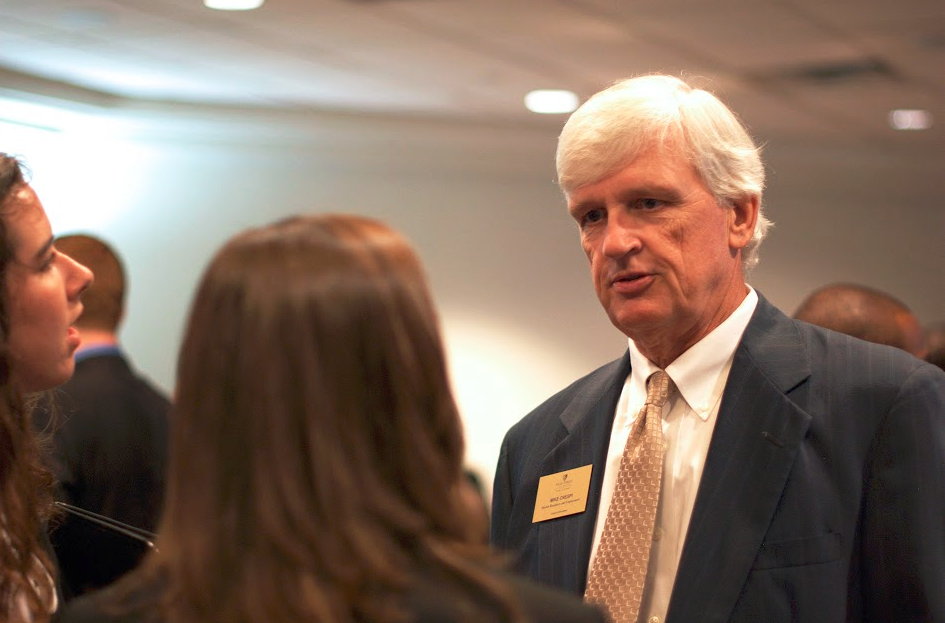Q&A with a Career Coach: Mike Crespi (MBA ’95) – Part Two
Missed out on our Part One conversation with Career Coach Mike Crespi? Check it out here. Below, Mike shares his best advice for translating a liberal arts degree into a “business-oriented” job in management, consulting, or other fields. And, he provides tips for making a career change.
You specifically work with School of Business students at Wake Forest, but of course a degree in business is not the only way to get a job “in business.” How can people with traditional liberal arts degrees leverage those degrees to jobs in management, consulting, or other fields?
First, accept the fact that just about everything has a business component. Money comes from somewhere, there are expenses that need to be met, clients or customers or patrons, services or products, labor (could be volunteer – how do you reward them?)…sometimes organizations are in the business to make money and others are to use the funds to provide goods and services.
Second, the skills learned in the liberal arts like critical thinking, creative problem solving, research, analysis, teamwork, communication, and relationship building are the skills that organizations want and need at the entry level and leadership. Liberal arts graduates are lifelong learners – they enjoy so many different things. Transfer those skills – consultants are problem solvers – what problems have you solved and how did you solve it? Were you creative in thinking about different solutions? Research and analysis is needed in every industry – do you have the curiosity to explore (yes, liberal arts does) – this thirst to learn and understand is needed in business.
Be ready to demonstrate curiosity and how you can apply your skills to the needs of employers.
How would you advise an alum who has spent several years working in one field but is interested in making a change? For example, from working in a law firm to consulting, or from accounting to the tech industry?
As someone who has worked in retail, apparel, manufacturing, promotional products, marketing services, and higher education, my experience shows me that the development of transferable skills is key. Just as important as the knowledge of your skills, the ability to articulate how they are transferable is key to success.
Often, I hear that employers are looking for skills that include teamwork, communication, critical thinking, creative problem solving, attention to detail, and relationship building. These are all key to success and are developed over time. This will demonstrate to employers that you “Can Do” the work.
However, when they make their decision, they will also be evaluating your enthusiasm for the role, industry, and organization. Did you do your homework? “Will Do.” Finally, were you able to hold a conversation, talk about something interesting, relate to the people, did you “Fit”?
And finally, network – people like to do business with people they know.
Finally, what do you wish that every young professional would know or be able to do?
Demonstrate gratitude to those that have supported them in the past and help them now. Be brave, be confident, have a bias towards action, and take charge of your professional life.
A Wake Forest faculty member, Roger Beahm, once said to me “If it is to be, it is up to me.” A series of two letter words that make such a difference.
Finally, it is your life and your career:
- enjoy it and do what you like and what you are good at
- careers are about three things – content, lifestyle, and compensation.

